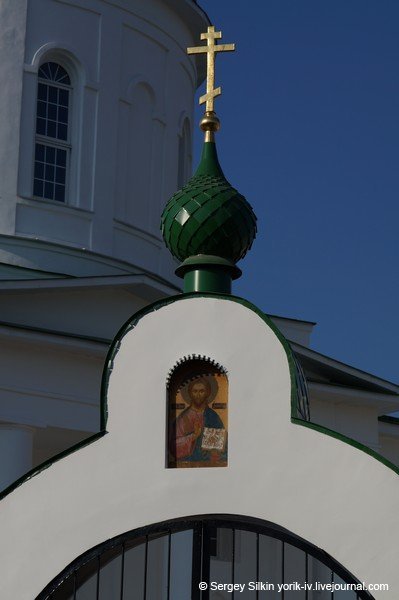A bill to revise the procedures governing the work of religious organizations has been submitted to the State Duma. According to the bill, the clergy should be required to receive specialized educational certificates, and religious organizations should sign employment contracts with their personnel, who in turn should be able to form trade unions.
The document was submitted by legislators of the Republic of Tatarstan, which is predominantly Muslim, after the recent assassination attempt on the republic’s mufti and the murder of a Muslim cleric.
Representatives of major Russian religious organizations believe that a bill on compulsory specialized education and social protection of the clergy could be helpful. However, they insist on holding a public discussion of the issue for fear of breaching the principle of the non-interference of the state in religious affairs.
Non-interference
“Any initiative to amend the law on religious organizations should be discussed with representatives of religious organizations. The life of any ecclesial community – in particular the Russian Orthodox Church – is based on the canons that govern its internal life,” Archpriest Georgy Roshchin, Deputy Head of the Department for Relations between Church and Society, believes.
He added that, to his knowledge, so far no one has asked the Russian Orthodox Church to provide an expert opinion on the issue.
“The unilateral introduction of any rule will violate the principle of non-interference in the internal affairs of religious organizations,” he said in a RIA Novosti interview.
He emphasized that the principle of non-interference guarantees the freedom of religious organizations in choosing ways to interact with the clergy based on the regulations that are set forth in their own canonical rules.
Grounds for further provocations
“We live in a democracy where any group can submit proposals for consideration by the public. Most importantly, this issue needs to be considered in an unhurried manner and the bill should be passed only after it has been discussed with the public at large, including religious groups. Rushing this matter will only lead to further provocations,” according to Moscow Mufti Albir Krganov, who represents the Central Religious Administration of Muslims of Russia.
He added that religious organizations should be responsible for their authorized representatives.
Meanwhile, Krganov said individuals who studied abroad to become Muslim leaders in Russia should have their qualifications reassessed.
“As we have learned, many individuals who studied abroad did not go to official educational institutions, but rather to private schools that are often considered illegitimate even in those countries,” he said.
Fighting dissent within religions
“Many things in this bill look superficial,” Boruch Gorin, Head of the PR Department at the Federation of Russian Jewish Communities, told RIA Novosti.
Even if passed, the bill will not prevent extremism, he said. In addition, the mechanisms to deal with this problem are set forth in the existing Russian legislation.
In accordance with current practices in the Jewish community, no person can become a rabbi without the proper educational papers.
“I believe all religious organizations are interested in keeping rogues and charlatans at bay. I do not see a legal problem here,” Gorin said.
He added that the people behind the bill are most likely targeting the graduates of dubious madrassas.
“However, Islam, like Judaism, has a huge number of sects,” Gorin said. “How will legislators decide which institution complies with a religious community’s rules and which doesn’t?”
“This is not the first time I have the feeling that we are trying to come up with as many regulations as possible to fight dissent within religions. This will bring no good,” he said.
Religious nuances
“We need to discuss the bill while bearing in mind the nuances of different religions. Buddhist Sanghas have statutes that govern hiring procedures,” Sanjay Lama, a representative of the Buddhist Traditional Sangha of Russia in Moscow, said.
According to him, only someone with a specialized education can become a Sangha spiritual leader. Whenever the organization sends someone for training, the relevant paperwork is obligatory.
However, there have been instances when people with an incomplete education have claimed that “they were initiated by great lamas,” and started teaching others and people believe them.
Young radicals
Meanwhile, theologian Roman Silantiev has noted a different problem. In his opinion, the new legislation could affect elderly imams of traditional Islam, who did not have the chance to receive a proper theological education. Younger Wahhabi imams, though, have in most cases the proper education certificates, he said.
Experienced and respectable members of the Russian Orthodox Church who also do not have a special education certificate, could also be affected by the bill as many of them were ordained during the Soviet era.
Generally speaking, Silantiev said, the bill’s initiatives are reasonable, but they should be discussed by all of interested parties.



